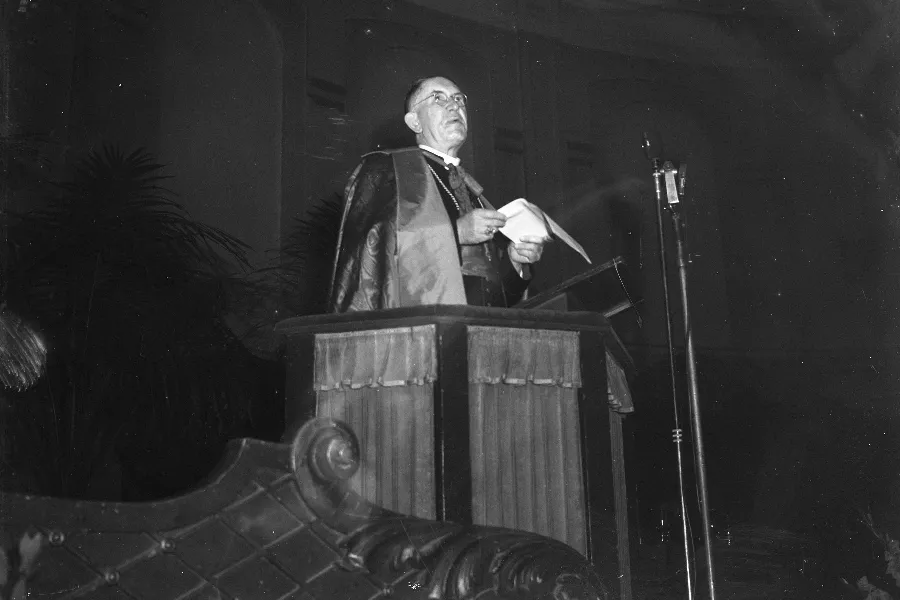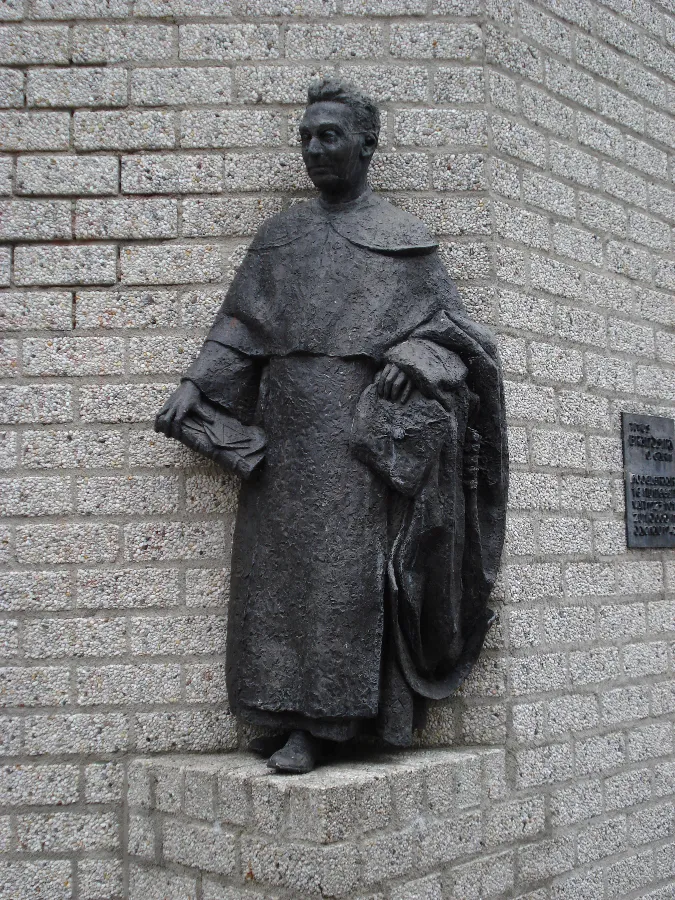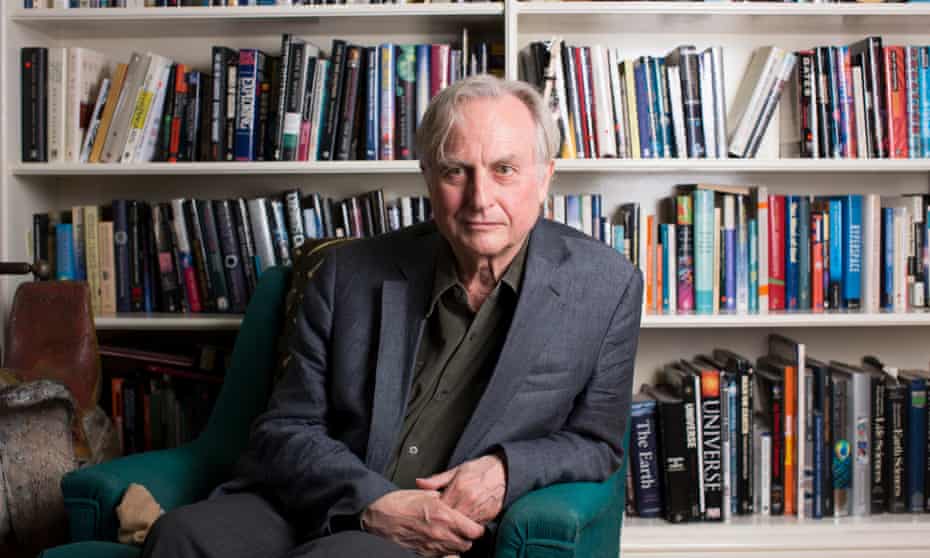Sorry folks. I am taking a short break...
Sorry folks. I am taking a short break. I am in a depression over the sins of my youth.
I am doing penance in sackcloth and ashes.
GENE
MISSION STATEMENT ... To celebrate where it's deserved! ... To take the Michael out of institutions and individuals where it's deserved! ... Recently I had occasion to prepare my gravestone epitaph: GENE... Educator, Novelist, Humanitarian and Humorist - TO KNOW HIM WAS TO LOVE HIM - Rest in Peace ....... But while I am still walking the earth do not hesitate to contact me at: bobbyslingshot8@gmail.com
SAINT MARK ... FEAST DAY TODAY
Saint Mark’s Story
Most of what we know about Mark comes directly from the New Testament. He is usually identified with the Mark of Acts 12:12. When Saint Peter escaped from prison, he went to the home of Mark’s mother.
Paul and Barnabas took him along on the first missionary journey, but for some reason Mark returned alone to Jerusalem. It is evident, from Paul’s refusal to let Mark accompany him on the second journey despite Barnabas’s insistence, that Mark had displeased Paul. Because Paul later asks Mark to visit him in prison, we may assume the trouble did not last long.
The oldest and the shortest of the four Gospels, the Gospel of Mark emphasizes Jesus’s rejection by humanity while being God’s triumphant envoy. Probably written for gentile converts in Rome—after the death of Peter and Paul sometime between A.D. 60 and 70—Mark’s Gospel is the gradual manifestation of a “scandal”: a crucified Messiah.
I had a very erotic dream about Delia last night. She appeared as a dominatrix wielding a cat 'o' nine tails.
She asked me if I had been having any impure thoughts. I admitted that I had been fantasing about her on her hands and knees wearing only black fishnet stockings.
"You naughty man," she said. She then whacked me eight times across the backside with her cat 'o' nine tails.
Rock and Roll Hall of Famer Alice Cooper keeps a daily routine that includes reading the Bible, praying and warning people about the devil.
Cooper, who became a Christian late in life, tries to keep God at the forefront. In a recent interview, the Detroit, Michigan, native shared his daily life routine and how God is a big part of it.
“I’m up before the sun; 5 a.m. is my time. Straight out of bed, make a cup of coffee, grab my Bible, then spend the next hour reading and praying,” Cooper told The Times U.K.
“I read a couple of chapters a day,” he continued. “This is my 12th reading. It puts me in a positive frame of mind.”
In the past, the singer has testified to how Jesus saved him from his sinful life, including an addiction to cocaine. Since then, he has been committed to helping his peers and even gave a Bible to self-professed Satanist Marilyn Manson.
Cooper revealed that he keeps in shape by playing “golf six days a week,” and said that “quitting alcohol” also helped him stay in good health.
“Thanks to [my wife] Sheryl — she committed me to an asylum for treatment — this is my 39th year sober,” he said. “Being a dad changed everything for me. It gave me a reason to stay sober. On stage I was Alice but, after the show, I wanted to be Dad. That life was better than a life in the bottle."
Cooper also talked about working with his charity, Solid Rock, an Arizona-based nonprofit that is centered on helping teenagers.
“We’ve set up places where any teenager can come in and learn any instrument for free. Music changed my life; hopefully, we can change a few more,” he told The Times.
Still a fan of “horror movies” and the creepy clowns in his home studio, Cooper ended the interview with a warning about the devil.
"The devil is going to be the best-looking, smoothest-talking guy in the room. He’s going to make you feel like a million bucks. But you better watch out because he’s got a whole different set of plans for you.”
The rocker is gearing up to co-headline a U.K. arena tour with The Cult starting May 23.
In a short video clip of Pastor Greg Laurie years ago, Cooper explained why he's still a member of the band Hollywood Vampires alongside Johnny Depp and Aerosmith's Joe Perry. Cooper said he once contemplated changing his name after he came to faith in Christ, but his pastor advised him not to.
"Look where He (God) put you. What if you're Alice Cooper, but now you're following Christ. You're a rock star but you don't live the rock life. Your lifestyle is now your testimony," he recounted his pastor telling him.
During the interview, Cooper revealed how much his faith in Christ has changed his life and impacted his music career. While sex, drugs and alcohol were once his stage motto, he has since replaced those terms with new material.
"One of my albums, 'The Last Temptation,' was being sold in Christian bookstores and my record company couldn't figure out why. It was saying, 'Hey, if you want what the world has to offer you, that's all you're going to get'," Cooper stressed.
At the time, Cooper said he and his wife, Sheryl Goddard, attended Camelback Bible Church in Paradise Valley, Arizona.
Father Brandsma’s beatification cause opened in the Dutch Diocese of Den Bosch in 1952. It was the first process for a candidate killed by the Nazis.

The first canonization ceremony for more than two and a half years will take place on May 15. Among the 10 candidates who will be proclaimed saints by Pope Francis that day is Titus Brandsma.
Many Catholics are familiar with Brandsma’s portrait: his pale, steady eyes, prominent ears, and buoyant hair. But who was the man behind the steel-rimmed glasses?
Titus Brandsma was born in the Netherlands, a country bordering Belgium and Germany, on Feb. 23, 1881. His parents named him Anno Sjoerd Brandsma and he grew up in the rural setting of Oegeklooster in the province of Friesland. His family lived on the proceeds of the milk and cheese produced by their dairy cattle.
Brandsma felt a calling to the religious life and joined the Carmelite monastery in Boxmeer, southeastern Netherlands, in 1898, taking his father’s name, Titus, as his religious name.
Although the Carmelites are known for separating themselves from worldly affairs and engaging in contemplative prayer, Brandsma felt called to a second vocation that would draw him into the drama of interwar Europe: that of journalism.
In the years ahead, he would successfully combine the two seemingly contrasting vocations.

Blessed Titus Brandsma, O.Carm. . public domain
Brandsma was ordained to the priesthood on June 17, 1905. After studying in Rome, he returned to home to work in the field of Catholic education.
When the Catholic University of Nijmegen was founded in 1923, he joined the faculty, rising to become the institution’s rector magnificus, or head, in 1932.
With fears of a second world war rising in Europe, Father Brandsma embarked on a lecture tour of Carmelite foundations in the United States in 1935.
To improve his English, he visited Ireland, staying with Carmelite communities in Dublin and the picturesque coastal town of Kinsale.
During the trip, he met with Éamon de Valera, the then head of government of the Irish Free State. The Irish Carmelites were reportedly impressed by Father Brandsma’s ability to consume whiskey without ill effects.
Shortly before he crossed the Atlantic, Father Brandsma was appointed spiritual adviser to the staff of more than 30 Catholic newspapers in the Netherlands by the future Cardinal Johannes de Jong of Utrecht.
Upon arrival in the U.S., he traveled in the East and Midwest, giving lectures at the request of his superiors in Rome.
He was struck with wonder at Niagara Falls, writing in his journal: “I see God in the work of his hands and the marks of his love in every visible thing. I am seized by a supreme joy which is above all other joys.”

Cardinal Johannes de Jong of Utrecht. Ben Merk/Anefo via Wikimedia (CC0).
Throughout the 1930s, Father Brandsma watched aghast as Adolf Hitler strengthened his grip on neighboring Germany. The friar sharply criticized Nazi policies in newspaper articles and lectures. “The Nazi movement is a black lie,” he said. “It is pagan.”
After Nazi Germany invaded the Netherlands on May 10, 1940, the authorities imposed severe restrictions on the Church. They ordered Catholic schools to expel Jewish students, barred priests and religious from serving as high school principals, restricted charitable collections, and censored the Catholic press. The Dutch bishops asked Father Brandsma to plead their cause, but without success.
In 1941, the bishops spoke out boldly against the Nazis. Their interventions infuriated Arthur Seyss-Inquart, the Reich commissioner of the German-occupied Netherlands, who sought ways of striking back.
When Dutch newspapers were told to accept advertisements and press releases from their Nazi overlords, the archbishop of Utrecht asked Father Brandsma to tell the country’s Catholic editors that they should refuse the order.
According to an account in the 1983 book No Strangers to Violence, No Strangers to Love, by Father Boniface Hanley, Archbishop de Jong underlined that the mission was dangerous and the Carmelite was not obliged to accept it.
“Father Titus knew exactly what I said, and he freely and willingly accepted the duty,” Archbishop de Jong later recalled.
Father Brandsma traveled around the Netherlands delivering letters to the editors that explained the rationale for the bishops’ decision. He was trailed by the Gestapo, Nazi Germany’s political police.

A statue of Titus Brandsma in Nijmegen in the Netherlands. Havang(nl) via Wikimedia (CC0 1.0).
Father Brandsma managed to visit 14 editors before he was arrested on Jan. 19, 1942, at the monastery in Boxmeer. As the Gestapo prepared to take him away, he knelt before his superior and received his blessing.
“Imagine my going to jail at the age of 60,” Father Brandsma said to the man arresting him.
The friar was taken to a prison in the seaside town of Scheveningen, where the interrogating officer demanded to know why he had disobeyed state regulations.
“As a Catholic, I could have done nothing differently,” Father Brandsma responded, according to Father Hanley.
The officer, Captain Paul Hardegen, later asked Father Brandsma to express in writing why his countrymen scorned the Dutch Nazi party.
“The Dutch,” the friar wrote, “have made great sacrifices out of love for God and
American Humanist Association criticises academic for comments about identity using ‘the guise of scientific discourse’, and withdraws its 1996 honour

The American Humanist Association has withdrawn its humanist of the year award from Richard Dawkins, 25 years after he received the honour, criticising the academic and author for “demean[ing] marginalised groups” using “the guise of scientific discourse”.
The AHA honoured Dawkins, whose books include The Selfish Gene and The God Delusion, in 1996 for his “significant contributions” in communicating scientific concepts to the public. On Monday, it announced that it was withdrawing the award, referring to a tweet sent by Dawkins earlier this month, in which he compared trans people to Rachel Dolezal, the civil rights activist who posed as a black woman for years.
“In 2015, Rachel Dolezal, a white chapter president of NAACP, was vilified for identifying as Black,” wrote Dawkins on Twitter. “Some men choose to identify as women, and some women choose to identify as men. You will be vilified if you deny that they literally are what they identify as. Discuss.”
I do not intend to disparage trans people. I see that my academic “Discuss” question has been misconstrued as such and I deplore this. It was also not my intent to ally in any way with Republican bigots in US now exploiting this issue .
— Richard Dawkins (@RichardDawkins) April 12, 2021
Dawkins later responded to criticism, writing: “I do not intend to disparage trans people. I see that my academic ‘Discuss’ question has been misconstrued as such and I deplore this. It was also not my intent to ally in any way with Republican bigots in US now exploiting this issue.”
Among his critics was Alison Gill, vice president for legal and policy at American Atheists and a trans woman. She said Dawkins’ comments reinforce dangerous and harmful narratives. She said: “Given the repercussions for the millions of trans people in this country, in this one life we have to live, as an atheist and as a trans woman, I hope that Professor Dawkins treats this issue with greater understanding and respect in the future.”
In 2015, Dawkins also wrote: “Is trans woman a woman? Purely semantic. If you define by chromosomes, no. If by self-identification, yes. I call her “she” out of courtesy.”
In a statement from its board, the AHA said that Dawkins had “over the past several years accumulated a history of making statements that use the guise of scientific discourse to demean marginalised groups, an approach antithetical to humanist values”.
The evolutionary biologist’s latest comment, the board said, “implies that the identities of transgender individuals are fraudulent, while also simultaneously attacking Black identity as one that can be assumed when convenient”, while his “subsequent attempts at clarification are inadequate and convey neither sensitivity nor sincerity”.
“Consequently, the AHA Board has concluded that Richard Dawkins is no longer deserving of being honored by the AHA, and has voted to withdraw, effective immediately, the 1996 Humanist of the Year award,” said the organisation.
The Guardian has reached out to Dawkins for comment.
Last year, the author JK Rowling returned an award given to her by the Robert F Kennedy Human Rights organisation, after its president, Kennedy’s daughter Kerry Kennedy, criticised her views on transgender issues. “I am deeply saddened that RFKHR has felt compelled to adopt this stance, but no award or honour, no matter my admiration for the person for whom it was named, means so much to me that I would forfeit the right to follow the dictates of my own conscience,” said Rowling in a statement at the time.